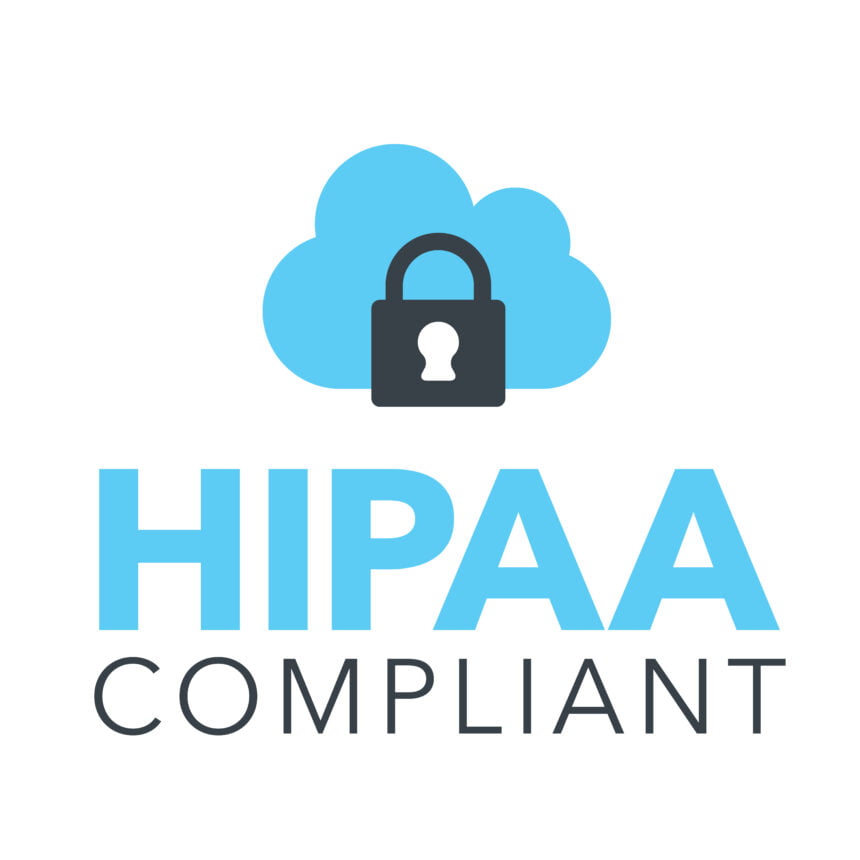Data security is very important in any industry. You have to take all possible measures to make sure data is properly encrypted and secured.
However, data protection is even more important in the healthcare sector. There are special regulations regarding patient data, which you must carefully adhere to. These data protection regulations even apply to things like sending faxes.
Safeguarding sensitive patient health information is not only essential; it’s the law. But transmitting that data from one office to another while at the same time maintaining patient privacy can be challenging. Keep reading to learn more about hipaa fax and how to make sure your office is compliant and keeping patient information safe.
HIPAA and the Secure Transport of Information
The Health Insurance Portability and Accounting Act of 1996 was created to protect sensitive patient health information. Healthcare companies have had more difficulty complying with the law as technology has evolved. They have found that it is more difficult to secure data as the volume of data has grown. Fortunately, they have mitigated some of these risks with data analytics but challenges remain.
Faxing has long been the standard when this information may need to be transferred from one medical office to another. But how can privacy be assured while transmitting data using a fax machine? How can you ensure you’re sending a secure HIPAA compliant fax?
Fax machines are considered by many to be “old school,” with technology dating back to the turn of the last century. Phone lines were first used for fax transmission back in the early 1960s. Email is the current primary mode of transmitting information for most business applications, but there can be security issues as email can be prone to hacking or information theft.
With so many different ways of transmitting data in our current information age, the fax machine is rarely used in the business world today, with one big exception, healthcare. Today’s healthcare professionals have the option of using a stand-alone fax machine or virtual faxing software services.
Pros and Cons of Fax Machines
With stand-alone fax, the machine is physically located inside the medical office. When a fax comes in on the dedicated phone line, a hard copy of the data is printed out and stored in the inbox of the machine. Using a stand-alone fax machine when transmitting and receiving sensitive information can present some security issues.
There is the problem of possible compromise of the information by being sen by someone other than the intended recipient. Healthcare providers must ensure breaches of this type do not occur once the data arrives in the office.
Stand-alone fax machines are also slower than other alternatives and are prone to breakdown when not adequately maintained. They require the use of both paper and ink to operate when a hard copy of a medical record may not be necessary. There is also the lack of a backup in case of a power outage or a paper jam.
Digital Faxing Software offers More Security
Virtual or digital faxing software eliminates many of these issues. The secure nature of the transmission process ensures that only the intended recipient receives the information. Since the information is received via the internet, paper and ink are not necessary to view the data, and since the fax is received via the computer, machine breakdown is a non-issue.
For medical faxing needs in the 21st-century, end-to-end encryption software is generally used to ensure a secure transfer of information. Digital faxing saves resources by providing no maintenance concerns or worries about paper or ink refills. The digital fax will be securely stored in the recipients’ inbox until it is needed.
Data Protection is Essential for Healthcare Companies Sending Faxes
Advances in data technology has changed the modern-day fax “machine” game in much the same way that smartphones have provided a much-needed upgrade to landline phones by increasing their functionality. Digital faxing software has made additions in this field that were unheard of just a few years ago.

